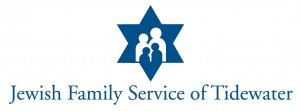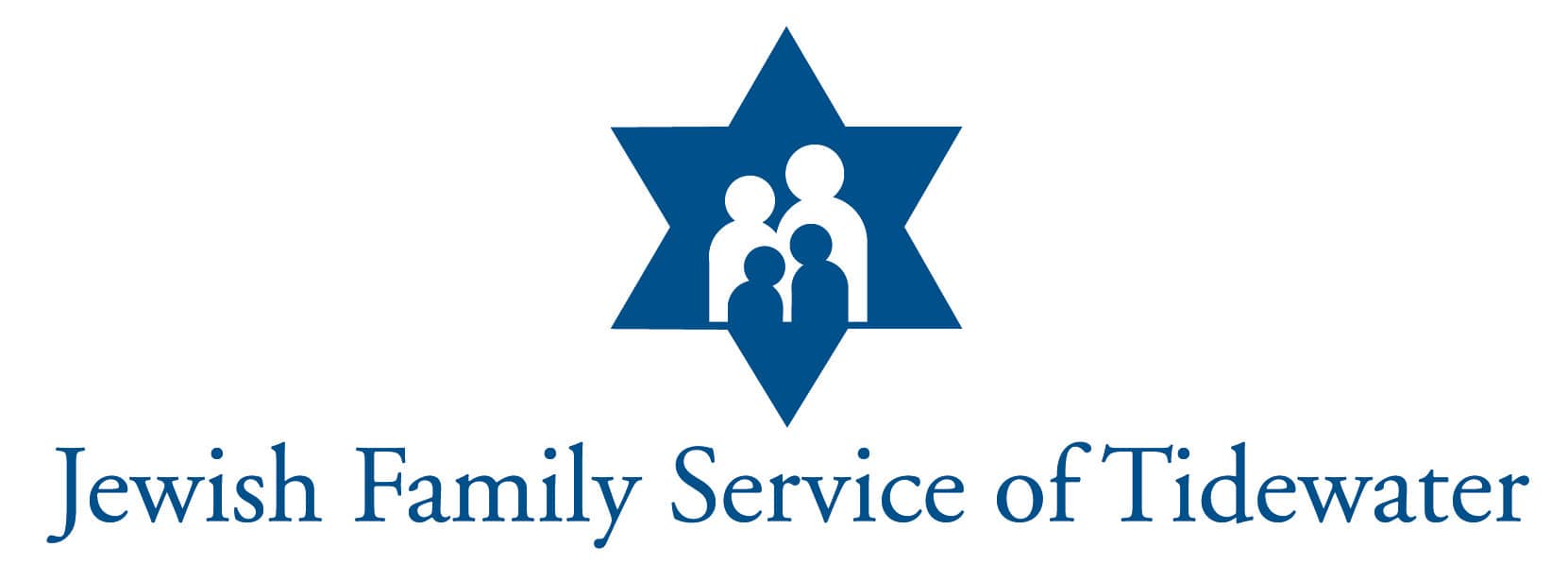 Make no mistake. At times like this, when record numbers of jobs are lost, restaurants are closed, hospitals are beyond capacity, social isolation is the ‘safe’ choice, and no live fundraising events can be scheduled for the foreseeable future, Jewish Family Service must steady itself and carry on at full capacity as the community’s rock-steady resource for emotional, physical, and financial survival.
Make no mistake. At times like this, when record numbers of jobs are lost, restaurants are closed, hospitals are beyond capacity, social isolation is the ‘safe’ choice, and no live fundraising events can be scheduled for the foreseeable future, Jewish Family Service must steady itself and carry on at full capacity as the community’s rock-steady resource for emotional, physical, and financial survival.
The ultimate caretakers, JFS is at the ready in the worst of times and best of times.
Since 1948, when a group of Jewish women, known as the Hebrew Ladies Charity, went around town collecting nickels for bread and milk to feed hungry families, the dye was cast for JFS to emerge in service of vulnerable people of all religions and backgrounds, suffering from any kind of trauma or hardship.
The Hebrew Ladies Charity model resonates with Kelly Burroughs, who joined JFS as CEO in September 2018. Steering JFS through the current COVID-19 crisis and beyond, she refers back to its simple, yet sustainable spirit, “In 1948, dues for The Hebrew Ladies Charity were 25 cents. Today, that same organization has risen to funding in the $9 million range. JFS has seen it all and been through so many upheavals—from World War II, Vietnam, resettlement of Russian Jews and Holocaust survivors, and economic downturns. We know what we have to do and we’re not going anywhere.”
On a wet, cold day in April, nearly two months into an unprecedented world-wide quarantine, Burroughs reports to her office at the Sandler Family Campus. A power outage prompts her to send staff home, leading to a serendipitous exchange with a client.
“This woman was dripping wet, not even knowing what to do. She walked to JFS, just standing there outside the building, in power-blowing wind gusts, because she knew we would help her. And we did. I got her a ride home, gathered enough food to last for days,” says Burroughs.
“We’re not the first social services agency our clients reach out to, but we are the only one they can count on,” she says.
Clients often have many failed relationships. JFS doesn’t say ‘no,’ but puts limits on what it can do. That said, JFS has a holistic approach. “This isn’t a one-off transactional encounter. People are multi-dimensional, and we need to see all parts of them. If they come to us for a counseling appointment, they might also leave with a food box. Our whole-person approach to anyone who seeks our help is built on trust and respect. A firefighter knows he’s going in to put out a fire; that’s why he is there. He doesn’t get mad when the alarm sounds,” says Burroughs.
“We work in social services. We don’t get upset because people are needy.”
As a certified clinical trauma counselor, Burroughs is proud to build on socially conscious ‘firsts’ that past board presidents and executive leadership launched. Elinore “Ellie” Porter was president when the JFS Adoption program was initiated. During Porter’s 1976-1978 term, 26 families were welcomed and re-settled, and the Home Helper program was expanded. Years later, the Personal Affairs Management program grew from a bill-pay and check writing service for seniors to the agency of choice for people in need of a guardian or conservator. Such new milestones were among highlights for past presidents Jody Wagner and Nathan Jaffee. Past president Jay Klebanoff recalls the agency’s move to the current campus on Grayson Road, and leadership transition from Harry Graber to Betty Ann Levin. “Betty Ann and successive boards led the creation and promotion of the Week of Healthy Living, including the Run, Roll and Stroll, raising hundreds of thousands of dollars, while increasing our positive publicity within Hampton Roads,” Klebanoff says.
Personal growth comes from daunting challenges. “With no JFS head, I assumed the role, while the board searched for a new director,” says Porter. “Being JFS president at that time was quite an education. I learned about the agency from a volunteer and professional perspective.” Collaboration, empathy, and big-picture thinking has defined the JFS board experience.
Years ago, while at a conference in Colorado, Jody Wagner recalls other JFS presidents complaining about how the various Jewish agencies competed and didn’t work together. “I remember feeling so proud that our community didn’t struggle with those issues,” she says.
Even today in the face of an unprecedented pandemic, JFS continues its traditional role as a premier home-health agency providing skilled care, nursing, and counseling, as well as adoption, guardianship, case management, plus ‘wraparound services’—and basics, such as food and toiletries.
“I have almost 179 staff people out there still working, going to facilities and providing counseling and guardianship services,” says Burroughs. “People are hungrier and more isolated than ever. They need guardianship services. The demand for our resources is way up while our own resources are very limited.”
JFS is grounded in the credo: there is no shame in asking for help.
“We need help,” says Burroughs. “Fundraising counts for 42% of our annual budget which takes place in the space of two months, April and May. Because of the pandemic, we don’t have that funding. We will still put on events like Why Art Matters/ Healing Ink, and Run, Roll and Stroll—but that won’t help us this fiscal year. We lost $150,000 almost overnight, however, we need to keep Meals on Wheels going. We can’t lose our food pantry. Now more than ever, we’re delivering kosher meals.”
Before COVID-19, people knew trauma.
Burroughs is on the steering committee of Hampton Roads Trauma Informed Community Network. JFS collaborates with other providers such as the United Way of South Hampton Roads, the City of Chesapeake, 55+ program, and others to identify and learn from the effects of toxic stress and trauma throughout one’s lifespan.
Research shows that people with unresolved trauma histories are at higher risk for illness and premature death. JFS is part of the Hampton Roads Trauma Informed Network Steering Committee, and together with the Amy Markman Goldberg and Marilyn Simon Weinberg Trauma Informed initiative, JFS works with other agencies to build a Trauma Informed Community. The goals are to build awareness and reduce the rates of trauma by presenting educational opportunities, such as the screening of the films Angst and Resilience, and through the Persons Centered Trauma Informed Care for Older Adults grant recently awarded to JFS by the United Way.
Trauma isn’t limited to a public shooting or global health crisis. It can be very personal and private.
“We help people understand something happened to you and how it impacted you. He’s not just a grouchy old man. His trauma history is a coping mechanism, not who he is,” says Burroughs. “We help people see themselves and their clients from a different perspective. Your interpretation will guide your intervention. We’re building our name and reputation as a trauma informed agency by teaching people how to tell their story with pride rather than shame, and ways they can learn from their trauma history.
Healing the world through acts of loving kindness is the core mission at JFS.
This compassionate path to healing is timeless and grounded by best-practices intervention to help people truly be well.
This is the second in a series of articles spotlighting local and overseas partner agencies who are beneficiaries of the United Jewish Federation Tidewater’s annual Community Campaign.
Jewish Family Service is a constituent agency of United Jewish Federation of Tidewater. To learn more about JFS, go to jfshamptonroads.org.

